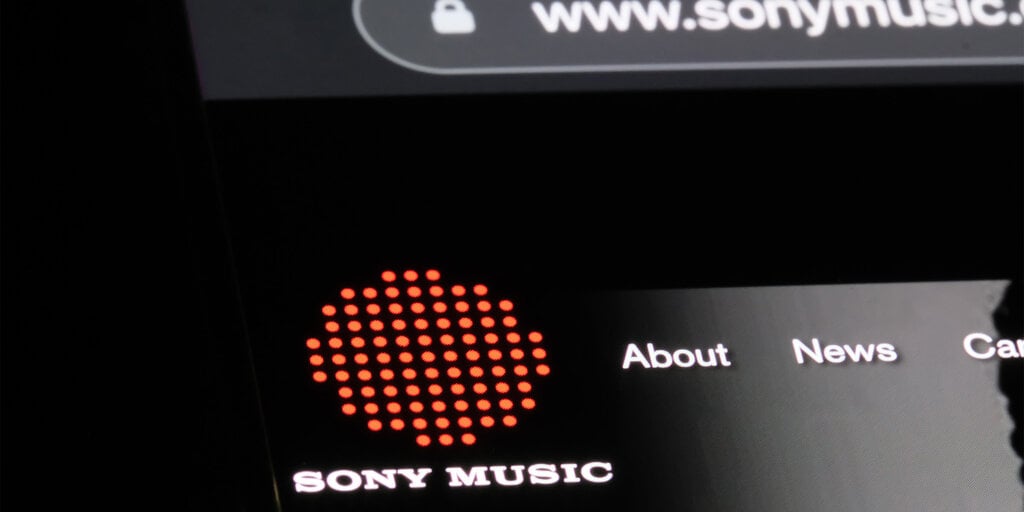Sony Music Group’s Stance Against AI Utilization
Sony Music Group has recently taken a decisive stand against the utilization of artificial intelligence to train models, sending a clear message to AI companies that their musical content is off-limits. In a significant move, the New York-based music division of the multinational media giant released a “Declaration of AI Training Opt Out,” explicitly prohibiting AI developers from accessing and using Sony Music Group’s extensive catalog of musical content.
In-depth Overview of Sony Music Group’s Declaration
Alongside the public release of this declaration, Sony Music Group also personally contacted major players such as OpenAI, Microsoft, and Google, among others, totaling over 700 unnamed AI companies, demanding that they refrain from using Sony’s content for AI model training purposes. The firm’s proactive approach emphasizes the importance of protecting the rights of artists and songwriters as new technologies, including AI, continue to evolve and impact creative industries.
The declaration issued by Sony Music Group underscores the necessity for innovation to uphold the copyrights and rights of songwriters and recording artists. This includes the prohibition of text or data mining, web scraping, or any similar use of musical compositions, lyrics, audio recordings, artwork, and other associated content for AI-related activities.
Artists’ Engagement with AI Technology
While Sony Music Group remains firm on restricting unauthorized AI access to its musical repertoire, some of the group’s artists have explored AI technology directly. Notable instances include Billy Joel’s utilization of AI for his single “Turn the Lights Back On,” Jazz drummer Nate Smith’s experimentation with AI, and collaboration with songwriters for popular acts like Doja Cat and the Jonas Brothers.
These artists’ engagements highlight a nuanced approach to AI, where it is considered a supplementary tool rather than a replacement for organic songwriting and creative processes. Jessica Agombar, the songwriter behind hits like “What a Man Gotta Do” by the Jonas Brothers, emphasized the value of authenticity and imperfection in music creation over purely computerized approaches.
Industry Responses to Protect Artists’ Rights
Furthermore, recent industry developments have underscored the need to safeguard artists’ voices and creative autonomy in the face of advancing AI capabilities. Agreements signed by leading music entertainment entities, including Sony Entertainment, Warner Music Group, Universal Music Group, and Disney Music Group, in collaboration with performers’ unions, highlight the importance of obtaining consent for digital voice replication using AI tools.
In a collective effort, a group of renowned artists have joined the Artist Rights Alliance in demanding the cessation of unauthorized use of their voices, emphasizing the significance of preserving individuality and ownership of artistic expressions. Testimonials from figures like FKA Twigs further stress the imperative of protecting artists’ brands, spirits, and unique identities in the ever-evolving landscape of technology and creative industries.
Overall, Sony Music Group’s resolute stance against unauthorized AI utilization reflects a broader industry-wide commitment to uphold artists’ rights, maintain creative integrity, and foster a sustainable and ethical ecosystem for artistic innovation and expression.
Image/Photo credit: source url





